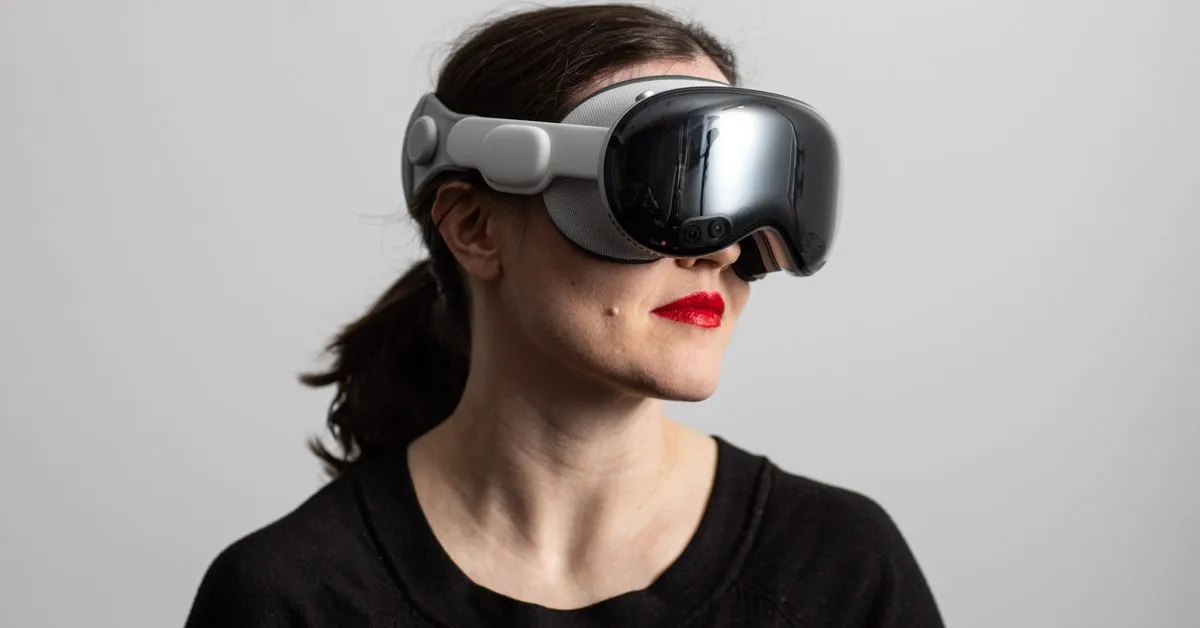Apple Vision Pro review: magic, until it’s not
Apple Vision Pro review: magic, until it’s not

www.theverge.com
Apple Vision Pro review: magic, until it’s not

The Apple Vision Pro is supposed to be the start of a new spatial computing revolution. After several days of testing, it’s clear that it’s the best headset ever made — which is the problem.